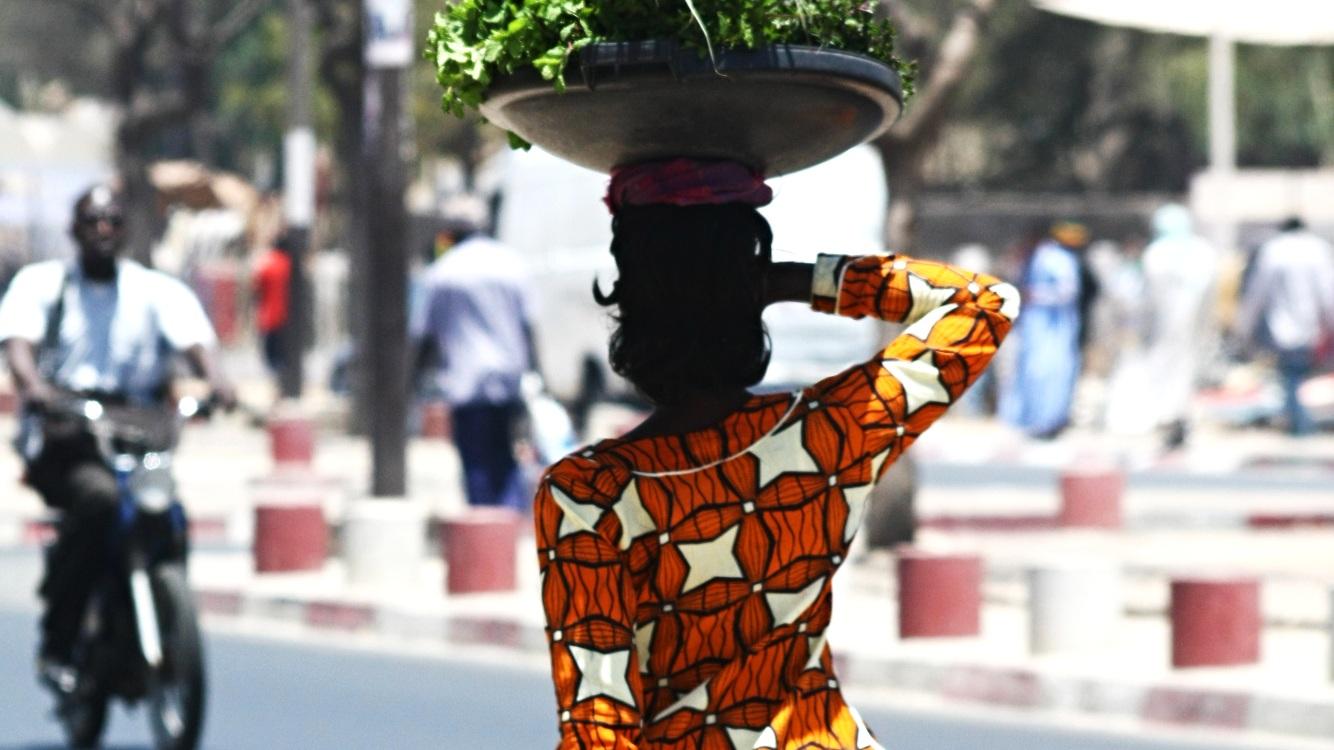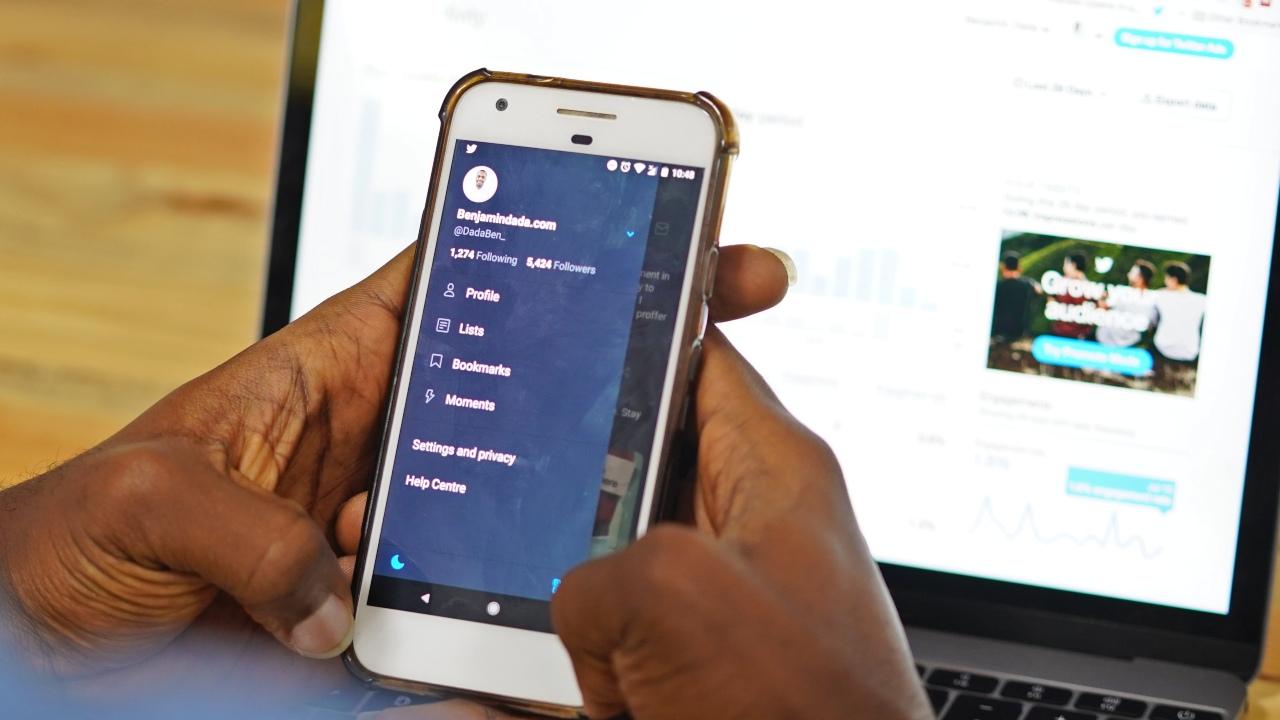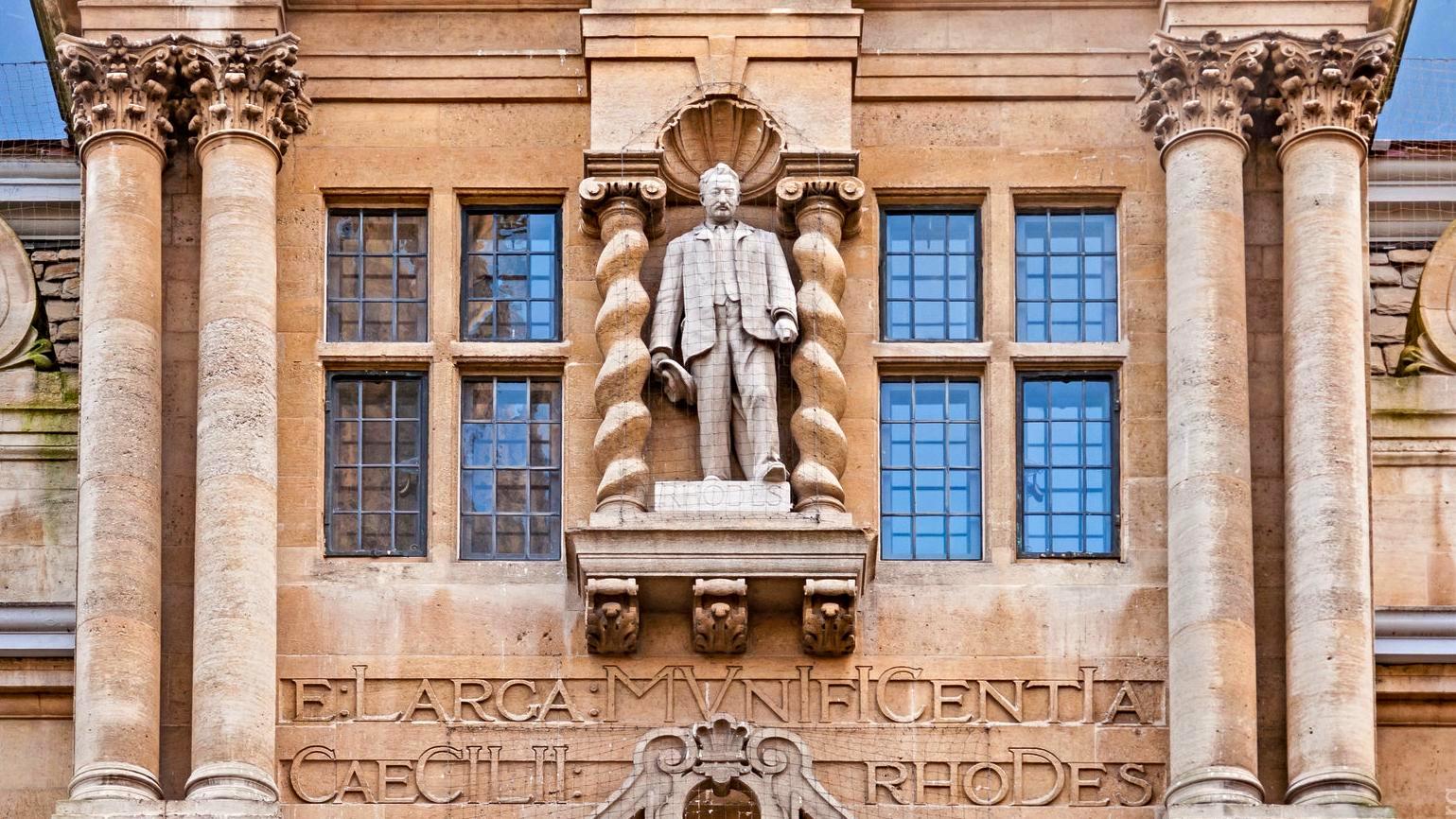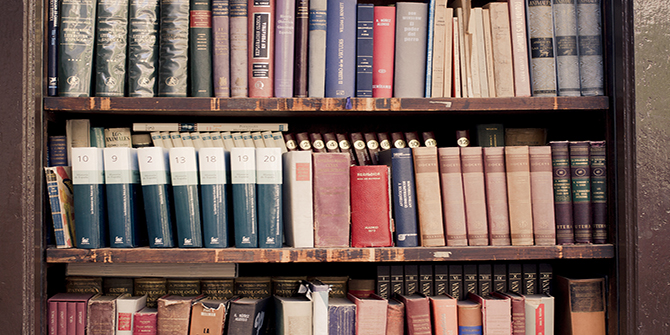The closure of Ghana’s only LGBTQ+ community centre is the latest example of identity-based oppression enduring in the country since British colonialism. As homophobic and queerphobic rhetoric continues to dominate the national conversation on queer rights, Chelsea Oware writes that safe space community centres are essential for a community under attack.
Note: this post contains descriptions of homophobia, queerphobia, violence and torture that some readers may find distressing.
The cost of living freely in Ghana is up to 25 years in jail, according to Act 29 of the penal code – that’s if you’re a member of the LGBTQ+ community. Constant homophobic attacks, isolation and exile in the country all serve to make many people live in fear of being who they really are. The freedom for people to love who they want doesn’t leave them a lot of options. While it often feels the world is progressing into a more socially accepting space for people based on sexual or gender identities, the events of February 2021 show that LGBT+ Ghanaians are being left behind.
On 22 February, Ghana’s single LGBTQ+ community centre, opened only three weeks earlier, was shut down after being raided by national security forces. The incident followed Moses Foh-Amaning, the executive secretary of the country’s National Coalition for Proper Human Sexual Rights and Family Values, calling on the country’s President and Christian organisations for its closure. Despite Ghana officially considered a secular state, the country’s Christian Council and Catholic Bishops Association, operating under the thesis that homosexuality was neither ‘morally right’ nor a part of ‘our culture’, asked the government not to succumb to pressures to allow the centre’s functioning. In response, the Minister-Designate of Gender, Children and Social Protection, Sarah Adwoa Sarfo, stated that ‘the issue of LGBTQI is an issue that when mentioned creates controversy … our laws are clear on such practices. It makes it criminal.’
These events are the culmination of years of institutionalised homophobia and anti-LGBTQ+ and religion-based rhetoric. Last year, Ghana’s government prevented the first LGBTQ+ activists conference to be held in Western Africa after Christian groups led a protest banning the event. Two years earlier, Human Rights Watch published a harrowing article detailing violently homophobic incidents from the perspectives of 114 LGBTQ+ Ghanaians who described experiences from conversion therapy to being nearly burned alive. It was further evidence that Ghanaian queer people are consistently dehumanised, tortured, abused and ostracised. Ghana’s LGBTQ-rights organisation hosts various blog posts from queer Ghanaians and allies alike sharing these experiences. The president, Nana Akufo-Addo, pertinently ignores LGBTQ+ Ghanaians’ cry for help, stating in 2017 that their rights were ‘not on the agenda’ and, in February 2021, that gay marriage rights will ‘never happen in my time as President’. In reality, for the most part, LGBTQ+ people are only asking to be protected.
They asked me if I was a lesbian, and I said no. One police officer kicked me with his boot on my mouth, said I shouldn’t talk. I started bleeding. Then everybody started to beat me. They took me outside, dragging me and beating me at the same time. A youth boy put a car tire around my neck and poured petrol over my body, ready to burn me. The pastor said I should confess everything before I die.
—Pearl, 30-year-old woman, January 2017, Kumasi, Ghana (Source: Human Rights Watch)
Anti-homosexual legislature was first introduced in the country during British colonial rule over the Gold Coast in the 1860s, which was maintained as a part of Ghana’s criminal code on ‘unnatural carnal knowledge’ when the country first became a republic in 1960. Although the law is vague – relating to any non-traditional penetrative sexual act – it is applied only specifically to lesbian and gay couples, irrespective of oral and other sex acts conducted in heteronormative relationships.
Nowadays, when LGBTQ+ rights legislation is brought forth to the government it is rejected on the basis of this law. By reducing these rights to issues of sexual conduct, the effect is to limit the experiences of LGBTQ+ people themselves. It negates the fact that LGBTQ+ individuals are also people who also have a right to live without fear, to express themselves, to receive help when they are attacked, to gather and convene and the right to community.
They entered the space, carrying urine and feces in plastic bags—they were also carrying stones and they started throwing these things at us. There were about 35 people at the party. They beat up the host, Tamsen, with a cane. Tamsen went to the police station the next day to report the incident. The police told her that if it’s because of the lesbianism thing, they don’t want to hear anything about it.
—Emmanuella, January 2017, Accra, Ghana (Source: Human Rights Watch)
While there are no laws in Ghana against peaceful gathering, the closure of Ghana’s single LGBTQ+ community centre means the need for ‘safe space’ remains pertinent – ostracisation from communities and families, violent attacks, conversion therapy, harassment, abuse, corrective rapes and employment discrimination have no end in sight.
Ghana’s national motto is often heard loudly ringing in people’s ears: Ghanaians are entitled to ‘freedom and justice’. But recent events inspire the question, freedom and justice for who?
To find out more about Ghana’s LGBT+ movement, please visit www.lgbtrightsgh.org
Photo by Anete Lusina from Pexels.





